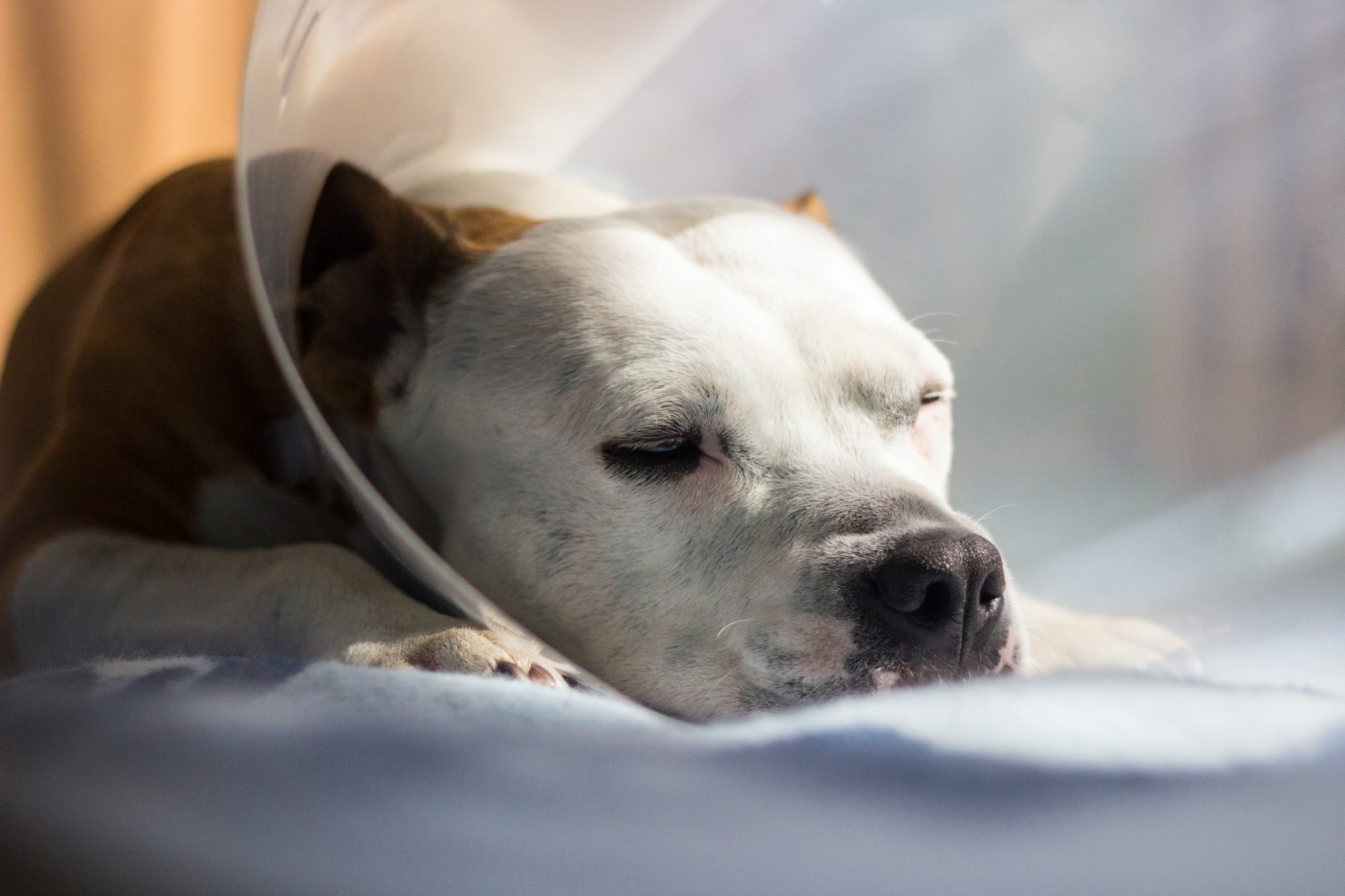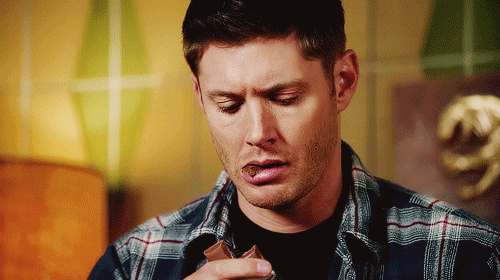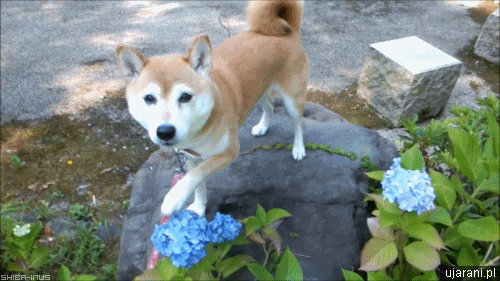Poison Prevention Awareness: The Basics

by: MANDI BROADBENT, CSR
March is Poison Prevention Awareness Month, bringing attention to many of the toxins and dangers that may lurk, unknowingly, in your home.
It’s that time of year – Poison Prevention Awareness! The third week of March was dedicated by President John F. Kennedy in 1962 as National Poison Prevention Week. For nearly 60 years, our government uses this time to educate the public on how to recognize, and protect against, poisonous substances. Over the years, Poison Prevention Awareness has unofficially expanded to the entire month of March, and now includes both humans and animals.
At Lincolnshire Animal Hospital, we want to focus our attention on poison prevention awareness. Here, we’ll talk all about toxic and poisonous substances, as well as the dangers they pose to your pet, and what to do in an animal emergency.
But..what IS Poison Prevention Awareness? What does it mean?
Our four-legged family members are the most vulnerable to toxicity due to their curious natures. They aren’t smart enough to understand that not everything they put in their mouth is safe. This means that poison prevention awareness is our responsibility. Knowing what is toxic, and how to avoid it, can be lifesaving information for you and your pet.
“Twenty-four hours a day, seven days a week, and 365 days a year, we receive calls from distressed pet owners across the county. They are often forced to cope with feelings of regret in light of a mishap that, in most cases, could have been avoided.”
– Ahna Brutlag, DVM, MS, DABT and assistant director at Pet Poison Helpline in 2012.
The American Association of Poison Control Centers (AAPCC), and the nation’s 55 poison control centers, are the front lines when it comes to toxicity questions. Pet Poison Helpline, operated by, SafetyCall International, and the ASPCA Animal Poison Control Center are the go-to for most pet poisoning questions, even by veterinarians.
Awareness is key to preventing poisoning emergencies.
We don’t expect you to know it all, and that’s where Lincolnshire Animal Hospital comes in! With the help of our friends at Pet Poison Helpline, we’ve got you covered when it comes to toxins:
JUST BECAUSE IT’S YUMMY, DOESN’T MEAN IT’S SAFE. KEEP FIDO OUT OF THESE TREATS:
- Chocolate, especially dark chocolate or real cocoa powder, contain high levels of theobromine and are dangerous to your dog. Theobromine, a cousin of caffiene, can produce muscle tremors, seizures, irregular heartbeat, or even cardiac arrest.
- Xylitol, an artificial sweetener used in sugar-free gum, candies, and other treats, is also dangerous to your pet. Toxic even in small amounts, xylitol can cause hypoglycemia (low blood sugar), seizures, liver failure, and even death.
- Raisins and grapes are often overlooked by dog owners, however they are extremely toxic. Ingestion can cause kidney failure, even if just one grape is ingested.
- Onions, garlic, avocados, and even certain nuts are also toxic to your pet. Check out our article on Toxic Treats to learn about 10 Toxic Human Foods, and why your pet should avoid them!

It’s no wonder that food toxicity is the second most common call into both emergency centers and poison hotlines!
BUG SPRAY CAN BUG YOUR PET.
- Outdoor insecticides in any form (sprays, granules, insect bait stations, etc) are toxic to your pet unless otherwise stated on the product, and some, like Ortho® are “pet safe” only after it dries entirely.
- Be careful with household insecticides, too. Products containing organophosphates (common in many rose-care products), can be deadly – even in small amounts.
PET PROOFING A HOME IS JUST LIKE BABY PROOFING A HOME.
Just like with babies, it’s important to remember that safety starts at home. Our homes are full of toxic substances. Some of which we know, like, household cleaners, detergents, antifreeze, and de-icers. But what about things like metals, batteries, fabric softener sheets, or wood glues? The list of potential dangers never seems to end! Many of these products and substances come in varying concentrations and types. This means that preventing and treating toxicity doesn’t have a one-size-fits-all solution.
- Rodent bait ingestion is one of the most common calls to pet poison hotlines. However, there’s a problem. Of the four types of bait on the market, only one type of rodent poison has an antidote. Unfortunately, the other three have no antidote and are more difficult to treat.
- Cleaning products are also often kept in low places and easily accessed by a curious pet. Products like bleach and disinfecting products often contain dangerous chemicals. Ingesting even a small amount can cause anything from mild nausea to internal bleeding, burns, and even death.
- Alkaline batteries contain potassium hydroxide, a highly corrosive agent that causes ulcerations and burns to the mouth.
- Heavy metals, like lead and zinc, can be found in a number of things; paint chips, coins, even toys! Metal toxicity can cause neurological problems like seizures, behavior issues, and even blindness.
- Diisocyanate glues, like Gorilla Glue®, are expanding glues used to bond many different materials. However, when this product is met with your pet’s stomach fluid/acid, the glue rapidly expands. The glue then turns into a large, firm obstruction in the stomach – requiring immediate surgery to remove.
Even if your pet isn’t poisoned by what they ate, not everything makes it’s way out naturally. Remember, foreign body surgery is invasive and expensive!
LOCK THE BOTTLES AWAY!
Do you know just how dangerous those pill bottles on your counter are? Over-the-counter (OTC) and human medications account for almost half of the calls to Pet Poison Helpline.
- Drugs like Advil®, Aleve®, and Motrin® contain non-steroidal anti-inflammatory drugs (NSAIDs). NSAIDs can cause liver, kidney, and digestive problems if not properly monitored by your vet. Drugs containing acetaminophen, like Tylenol®, can cause liver damage and lower the oxygen-carrying capacity of blood.
- While your pet can be prescribed an anti-depressant for anxiety and behavioral issues, giving the wrong dose can possibly be deadly. Anti-depressants and anxiety medications, like Prozac®, Paxil®, Celexa®, and Effexor®, make up a large portion of toxicity calls. They account for a startling amount of emergency vet visits late at night!
It’s just safer to keep your pills locked up in a place where your curious critter can’t get the them – not even on accident.
VITAMINS AND PETS DON’T MIX.
Not all those pill bottles contain medications, however. Dietary supplements and vitamins can be just as dangerous to your pet as any other pill.
- While many items in this category such as Vitamins C, K, and E are fairly safe, others such as iron, Vitamin D, and alpha-lipoic acid can be highly toxic in overdose situations.
- Many popular gummy multi-vitamins contain that sugar-free menace, xylitol – which is also toxic to your pet.
Honorable Mention:
“SPIT THAT OUT! NO, DON’T EAT THE FLOWERS!“

It doesn’t matter the plant – garden plants, houseplants, wild plants, or a bouquet from the florist – plants and flowers seem to be irresistible to many pets. Many of the most toxic plants for dogs and cats are also the most common.
“A poisonous seed will only kill you if you chew and swallow it.”
Amy Stewart, Wicked Plants: The Weed That Killed Lincoln’s Mother and Other Botanical Atrocities.
- Lilies, tulips, daffodils, and poinsettias may look pretty, but are incredibly toxic if ingested.
- Landscapers tend to use plants that look lovely, but they don’t pay too much attention to whether or not they might be toxic if eaten. Sago palm, english ivy, azaleas, hydrangeas, rhododendrons, oleander, foxtails, and certain bamboos can cause nausea, lethargy, kidney and liver issues, and even death.
To prevent poisoning by cut flowers or houseplants, avoid placing toxic ones in or around your home where pets may be able to access them. Or better yet, just avoid buying flowers and plants that are known to be toxic, and ask your landscaper to only use pet-safe plants.
If your pet ingests something harmful, take action immediately. Contact your veterinarian, overnight veterinary emergency center, or a poison assistance hotline as soon as possible. Both Pet Poison Helpline and ASPCA Animal Poison Control Center are available 24/7 to assist pet owners with questions or concerns. However, keep in mind that both of these services charge a fee when dealing with toxicity calls:
ASPCA Animal Poison Control Center (888) 426-4435 – $65 per call charged to either credit card or phone bill.
Pet Poison Helpline (855) 764-7661 – $59 per call charged to credit card.
*Source material: Pet Poison Helpline, American Association of Poison Control Centers, and ASPCA. GIFs provided by Giphy.

